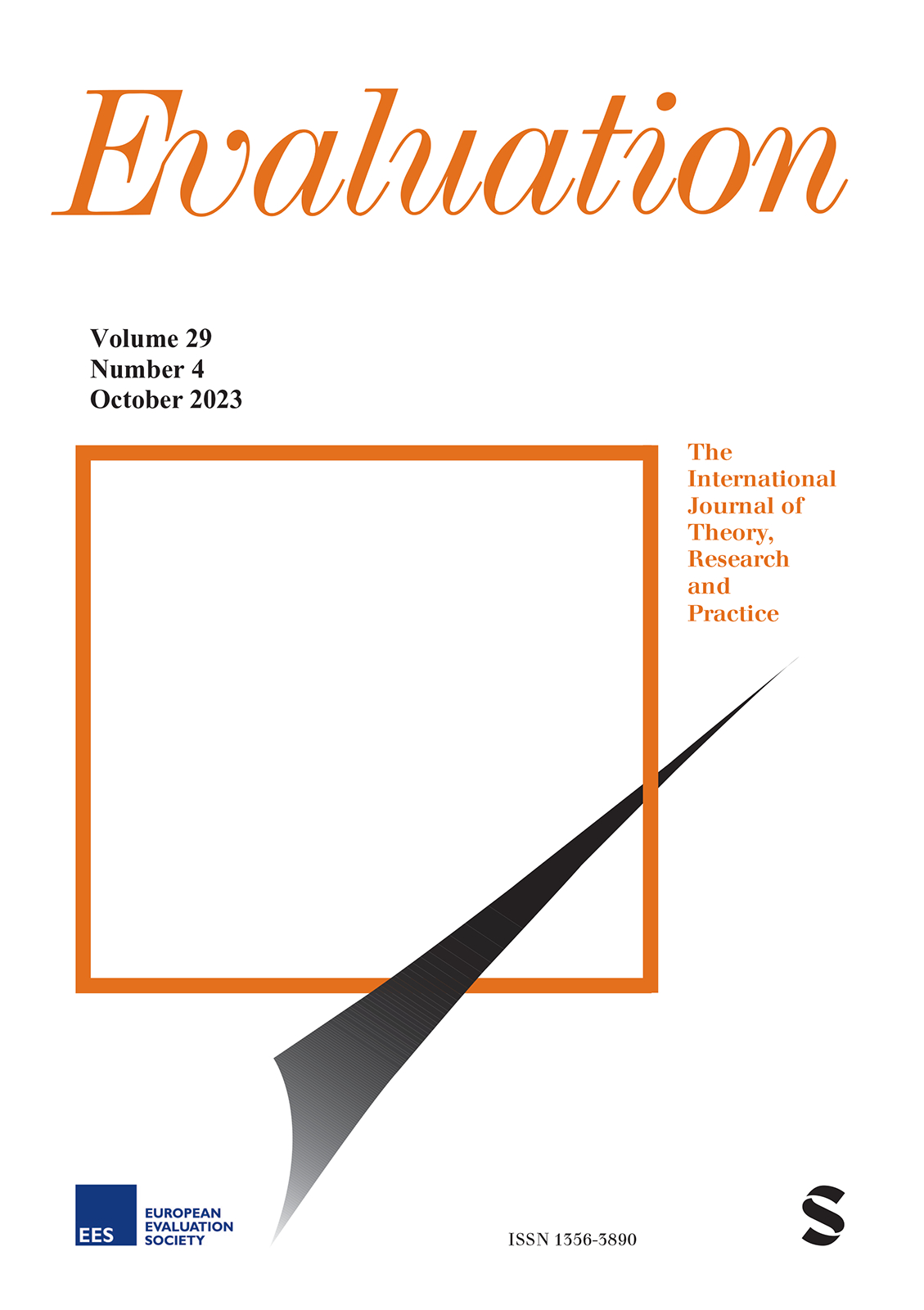New Publication: Using co-creation to address monitoring and evaluation challenges
The research paper “Using co-creation to address monitoring and evaluation challenges: The experience of South Africa’s evaluation hackathon” has been published in the Sage Journal, authored by: Eleanor Hazell, Ian Goldman, Babette Rabie, Jen Norins, Takunda Chirau, and Taruna Gupta.

As a voluntary organisation for professional evaluation (VOPE), the South African Monitoring and Evaluation Association (SAMEA) advocates monitoring and evaluation (M&E) as a tool for achieving just and sustainable development through the production and use of evidence for learning and improvement. In 2020, the SAMEA board adopted a more co-creative approach to capacity building and advocacy of the sector’s role in development. In particular, the board decided to organise a virtual evaluation hackathon as an alternative to the 2021 biennial conference, which could not be held due to COVID-19. The focus of the hackathon was to mobilise the M&E community to innovate responses to critical systemic crises, facing South Africa, notably, the urgent climate and ecosystems crises and persistent high levels of inequality and the need for more adaptive, rapid and remote M&E practices, heightened by the COVID-19 pandemic.
Co-creation offers a design and implementation approach that harnesses the creative energies of multiple stakeholders or role players to generate new knowledge, applications and create strong ownership in the process. Precedents for the application of co-creation to research and evaluation problem-solving, included the development of South Africa’s National Evaluation Policy Framework (
Goldman et al., 2015), the International Programme for Development Evaluation Training’s (IPDET’s) Evaluation Hackathon and JET Education Services education research bootcamps in 2020 (
JET Education Services, n.d.), all of which informed the design of the SAMEA hackathon.
Abstract
In 2021, the South African Monitoring and Evaluation Association facilitated an evaluation hackathon that engaged diverse stakeholders in co-creation processes to develop practical solutions to address complex problems facing the monitoring and evaluation sector. The event catalysed broad-based ownership and enabled the South African Monitoring and Evaluation Association to coordinate the creative energy, commitment and resources of its members, government and other partners to achieve outcomes that would not be possible to achieve otherwise. The article analyses the co-creation approach adopted for the hackathon across four phases, namely initiation, process design/planning, co-design and development and application/follow-up. A retrospective analysis of the process and results identified eight key elements that enabled or impeded the successful completion of hackathon outputs and their conversion into useful products. These elements are facilitative leadership, purposive stakeholder selection, a well-delimited task, preparation, process facilitation, a valued product, voluntary contributions and further capacity. The lessons learnt provide useful insight for future efforts to generate localised, contextualised responses to evaluation problems.
The publication titled: “Using co-creation to address monitoring and evaluation challenges: The experience of South Africa’s evaluation hackathon” is available at https://doi.org/10.1177/13563890231223174
